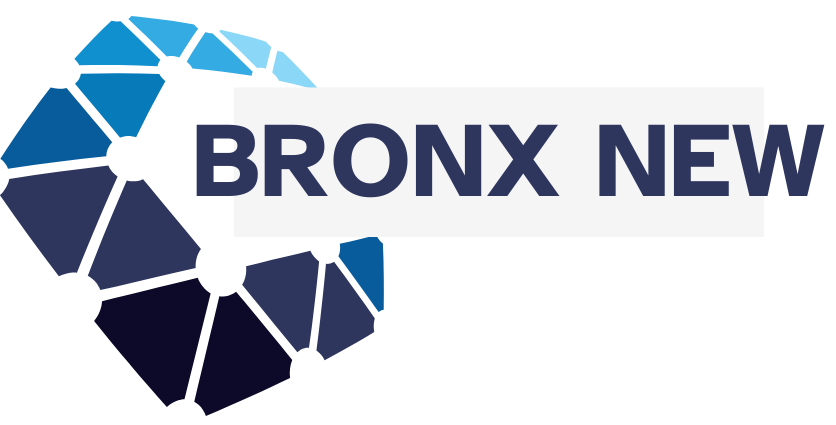Is it cheaper to rent or buy? This question is on the minds of many individuals and families considering their living options. The decision between renting and buying a home can significantly impact your financial future. Understanding the current housing market trends, the benefits and drawbacks of each option, and the hidden costs involved is essential for making an informed choice. Below, we’ll explore the key factors influencing whether renting or buying is more financially beneficial.
Understanding Housing Market Trends
The housing market fluctuates due to various factors such as economic conditions, government policies, and population changes. When exploring whether to rent or buy a home, it is crucial to comprehend how these trends impact overall costs and opportunities.
In a market where property values are consistently rising, investing in a home might become favorable as an asset appreciating over time. However, during economic downturns, property values might stall or even decrease, impacting potential equity gains from buying. Additionally, low-interest rates typically encourage buying, making mortgages more affordable and attracting more buyers to the market.
Understanding local housing market trends is also vital. Some regions experience rapid development and increased population growth, leading to a higher demand for houses and higher costs. Conversely, in areas where growth is slower, renting might present a more affordable option with less risk of market volatility. Demographic shifts, such as millennials entering the housing market or retirees downsizing, can cause significant changes in demand and pricing dynamics.
Tracking housing market trends aids prospective buyers and renters in making informed decisions. By analyzing local and national trajectories, one can identify patterns in price fluctuations and availability, balancing potential benefits and risks associated with both renting and buying.
Factors Influencing Renting

When evaluating the decision of whether to rent or buy a home, several key factors come into play that can significantly influence the choice to rent. One major consideration is the flexibility that renting offers. Renters often benefit from shorter lease terms, allowing them to relocate for work or personal reasons more easily compared to homeowners.
Financial stability is another critical factor. Renting typically requires less initial financial commitment as it often requires only a deposit and first month’s rent, rather than a large down payment. Renters are also not responsible for maintenance costs, property taxes, or homeowners insurance, which can be a considerable financial relief.
Furthermore, the current state of the rental market can heavily influence the decision to rent. In areas where property values are unexpectedly high, renting may provide a more affordable alternative while still allowing access to desirable neighborhoods. Renters can also take advantage of current amenities and locations without the long-term financial commitment of a mortgage.
The individual’s lifestyle preferences and future plans play a major role as well. If someone expects life changes such as relocating for a job, starting a family, or experiencing changes in income, renting offers a higher degree of adaptability compared to the responsibilities of homeownership.
Lastly, economic conditions such as interest rates, inflation, and government policies can also affect the affordability and attractiveness of renting. During times of economic uncertainty or volatile housing markets, renting might be a more secure option than committing to a mortgage.
Advantages of Buying a Home
One of the key advantages of buying a home is the potential for equity growth over time. Unlike renting, where monthly payments contribute to a landlord’s investment, purchasing a home allows you to build value as you pay off your mortgage. This equity can serve as a financial asset that may be leveraged for future expenses or investments.
Homeownership also provides a sense of stability and control. Owning a property means you have the freedom to customize your living space to suit your preferences without needing a landlord’s approval. This personalization can enhance your living experience and add long-term satisfaction.
Furthermore, there are potential tax benefits associated with owning a home. Mortgage interest and property taxes may be deductible from your taxable income, potentially reducing your overall tax burden. These financial incentives can make ownership more appealing compared to renting.
Moreover, owning a home can be a hedge against inflation. As rental prices increase over time, a fixed-rate mortgage ensures consistent monthly payments without unexpected hikes, providing a sense of financial predictability.
While it’s crucial to consider the initial costs of buying, such as down payments and closing fees, the long-term benefits often outweigh these initial expenses. Homeownership can be a financially rewarding choice, offering both immediate and enduring rewards.
Hidden Costs of Homeownership

Homeownership comes with expenses that aren’t always obvious at first glance. Beyond the mortgage payments, there are additional costs that can impact your budget. Consider property taxes, a compulsory payment that homeowners must make annually or semi-annually, depending on the location. These taxes are based on the assessed value of your home and can increase over time.
Another hidden expense is home insurance. This is essential for protecting your investment against potential damage, but it can add a significant amount to monthly costs. Rates vary depending on factors like location, size, and the condition of the house. Repair and maintenance costs also add up. Whether it’s fixing a leaky roof or replacing aging plumbing, ongoing maintenance is crucial to keep your home in good condition.
Homeowner association (HOA) fees can be another unexpected cost. If your property is part of a community with shared resources, these fees contribute to the upkeep of common areas. They might include services like landscaping, security, and amenities maintenance.
When buying a home, there are closing costs to consider. These might include loan origination fees, appraisal fees, and other administrative expenses that arise at the time of purchase. They can typically range from 2% to 5% of the property’s purchase price.
Consider also the impact of inflation on utility costs, which might rise over time. Utilities like water, gas, and electricity are essential, and their costs can fluctuate significantly depending on usage and location.
Long-term Financial Implications
When weighing the decision of renting versus buying a home, it’s crucial to consider the financial implications that span beyond the immediate costs. While renting may seem cheaper in the short term, buying a home could potentially build substantial equity over time. However, this depends heavily on property values, the housing market, and the buyer’s personal circumstances.
Renters can enjoy more flexibility without ties to property taxes, home repairs, or mortgage interest. Yet, they miss out on the opportunity for property appreciation, which can significantly increase one’s wealth over the years. Buyers, on the other hand, have the potential to gain from their investment not only through appreciation but also by gradually paying down their mortgage principal.
One may also consider the impact of inflation. Rent prices typically increase over time, possibly outpacing salary increments and placing a financial burden on long-term renters. Homeowners with fixed-rate mortgages can sidestep this problem, as their payments remain constant, eventually leading to the elimination of their monthly housing expense altogether once the mortgage is paid off.
It’s also important to evaluate the potential for tax advantages. Homeowners might benefit from deducting mortgage interest and property taxes, which can lead to significant savings. Renters do not receive similar tax breaks, which can impact their overall financial picture.
Another factor to consider is the long-term financial discipline that homeownership often requires. Save and manage finances effectively for maintenance and unforeseen expenses is crucial. This habit aids in building a disciplined approach to personal finance. Renters, by contrast, might find it easier to manage their monthly budgets without the unpredictable costs of homeownership.
Ultimately, understanding the long-term implications requires a careful study of one’s individual financial goals, stability, and the broader economic factors influencing the housing market. While buying could offer stability, a potential for appreciation, and tax savings, renting offers flexibility and relief from homeownership demands. Each option presents distinct financial paths shaping one’s future wealth.





